In the last decade, we have seen the issue of police violence resurface on the national platform. Every year since the police shooting of Oscar Grant on January 1, 2009, which was the first police homicide captured on video that would be go viral on the internet, new stories of law enforcement brutalizing and killing civilians have populated mainstream headlines, bringing the centuries’ old social issue of police brutality into a new digital age. The killing of Trayvon Martin in February 2012 sparked the #BlackLivesMatter movement, confronting the racist mindset saturated in police departments and communities across the nation. Malcolm X Grassroots Movement released a 2012 report declaring that every 28 hours, a Black person is killed by law enforcement or those acting with the racist law enforcement mentality such as Martin’s killer, George Zimmerman. As Black and Brown bodies fall, the patterns and practices of police departments across the nation have become subject to public scrutiny, and tens of police departments have undergone Department of Justice sweeps to investigate whether or not their practices are constitutionally compliant. As a documentary filmmaker, I have been capturing stories shaped by police brutality across the country. Some states are making changes. Much of this progress is realized through grassroots community organizing. Now, as a resident of Nevada, I continue to amplifying the realities the families here are living through — forever scarred by these killings through my series Residuum. And as we are seeing impacted people making waves in their judicial systems, I want us to start asking our neighbors, when will Nevada address police violence?
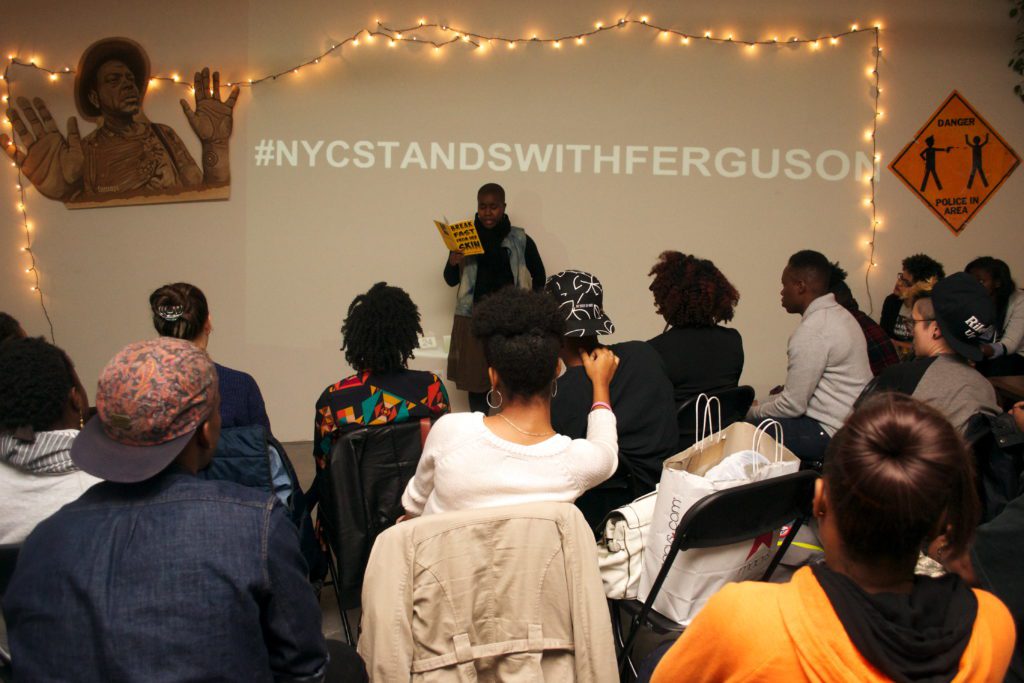
Organizing tactics
While people across the nation have protested police violence for decades, communities are now arming themselves with information and means to make legislative and leadership change. States organizing for police transparency and accountability have tried various tactics: petitioning elected officials to appoint outside investigators and special prosecutors for police homicides and in-custody deaths, passing legislation requiring police transparency and accountability, and electing progressive district attorneys who promise to scrutinize excessive-use-of-force cases. In 2014, Wisconsin became the first state to pass a law requiring outside investigators to take over police homicides. This effort was spearheaded by Michael Bell, Sr., the father of Michael Bell, Jr., who was killed during a traffic stop in Kenosha, Wisconsin. New York Governor Andrew Cuomo, under the pressure of families impacted by police homicide and Justice Committee, an advocacy and community organization, signed an executive order in 2015 to appoint a special prosecutor for police-related fatalities. Currently, Cuomo is proposing that the order be made a permanent legislation.
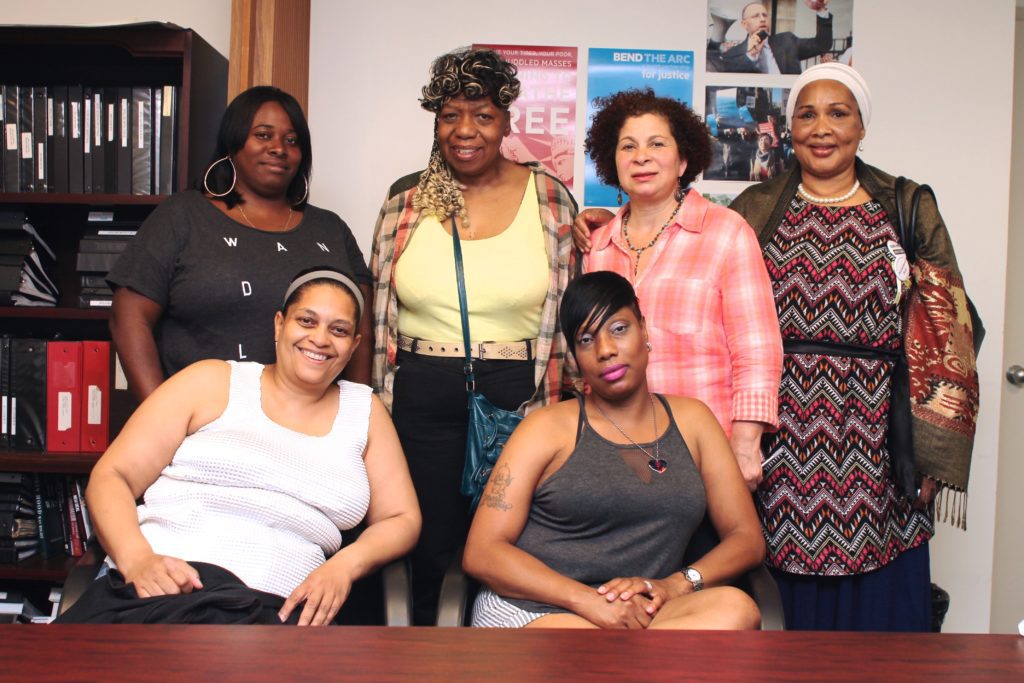
In California, families impacted by police homicide and supporting organizations have helped pass a series of transparency and accountability laws to combat police violence, secrecy, and corruption. Last September, Governor Edmund G. Brown, Jr. signed two bills that significantly increases police transparency in the state. The first is Senate Bill 1421, a legislation titled, “The Right To Know,” which allows the public to gain access to police use-of-force investigations and police misconduct and crime investigations, and the second is Assembly Bill 748 which requires law enforcement to release video and audio footage of use-of-force incidents within 45 days. Police departments and unions across the state have already attempted to block these bills by shredding records and filing for appeals, but the coalition of impacted families and community organizations are prepared to fight, attending meetings and court hearings as they occur. “The Appeals Court denied the Contra Costa County Police Union Lawsuit on 1421,” posted Beatrice X via Facebook on March 12, updating her social media base as news developed. Beatrice is a board member of Families United 4 Justice, a nationwide collective of families impacted by police homicide.
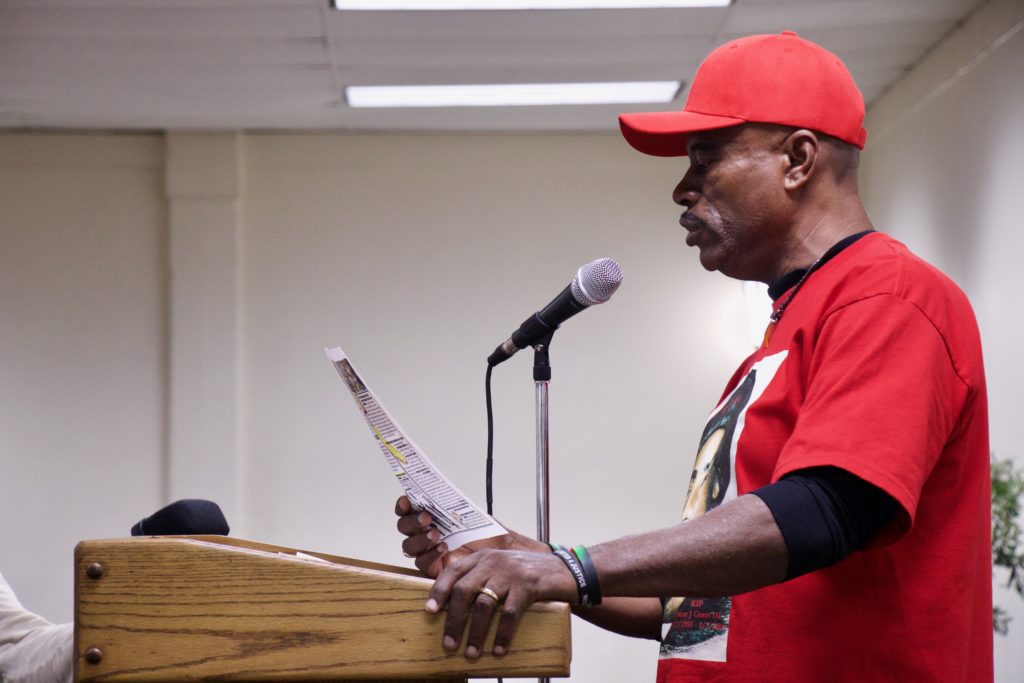
Last year, the Real Justice PAC organized by journalist and activist Shaun King launched a nationwide campaign to elect progressive district attorneys, using the example of the successful 2017 district attorney race in Philadelphia, electing Larry Krasner who promised to focus on criminal justice reform including holding police officers accountable when violating civil and human rights. In Las Vegas, Nev., the People’s PAC and Nevada Law & Justice PAC participated in this campaign and supported progressive candidate Robert Langford in the Clark County District Attorney race, challenging incumbent Steve Wolfson. But Langford entered the race late and lost by a surprisingly close margin. Wolfson, who has been in office since 2012 has allowed more than 41 police homicides to go unquestioned. The concerned citizens of the Las Vegas community should consider following the footsteps of California, New York, and other states pushing for police transparency and accountability by organizing for legislative change and uplifting impacted community voices.
LVMPD ranks amongst the giants
According to Mapping Police Violence, Las Vegas Metropolitan Police Department is one of the leading police departments in police homicides. For policing a relatively smaller city, LVMPD ranked sixth in the nation in police homicides in 2017, standing amongst giants like Chicago, Los Angeles and New York police departments. LVMPD also has a long history of police secrecy, currently battling the Las Vegas Review Journal who is suing the department for their refusal to release sex trafficking and prostitution records. Despite this, LVMPD continues to toot their own horn via public relations campaigns such as the Use of Force panel discussion last May hosted by the Mob Museum where LVMPD and their allies claimed that following the 2012 Department of Justice investigation the department had evolved into a national model for police reform.
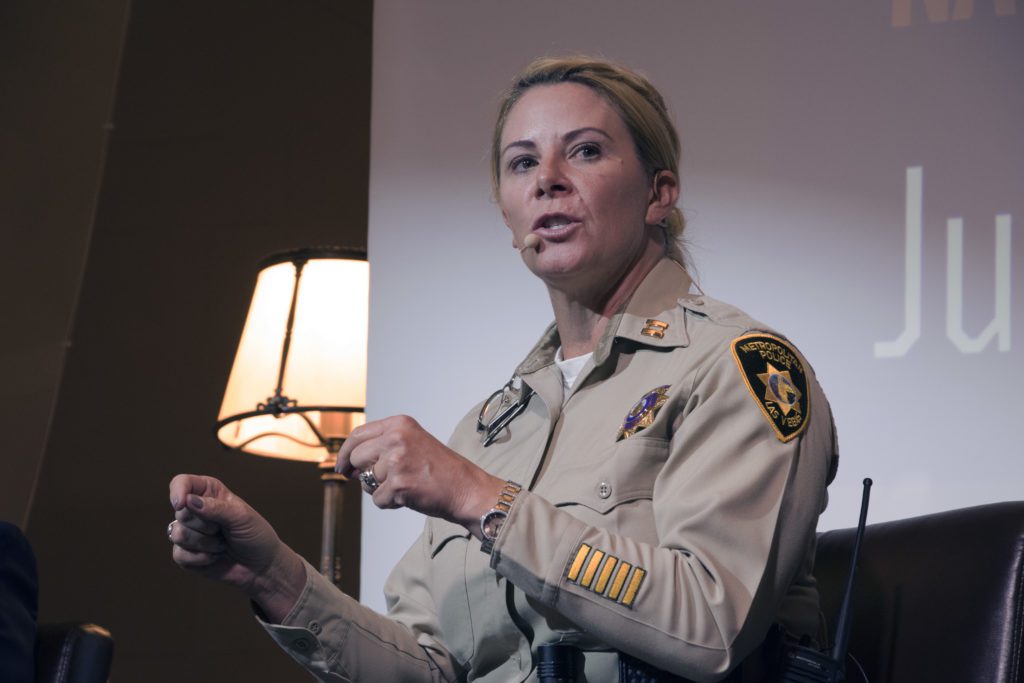
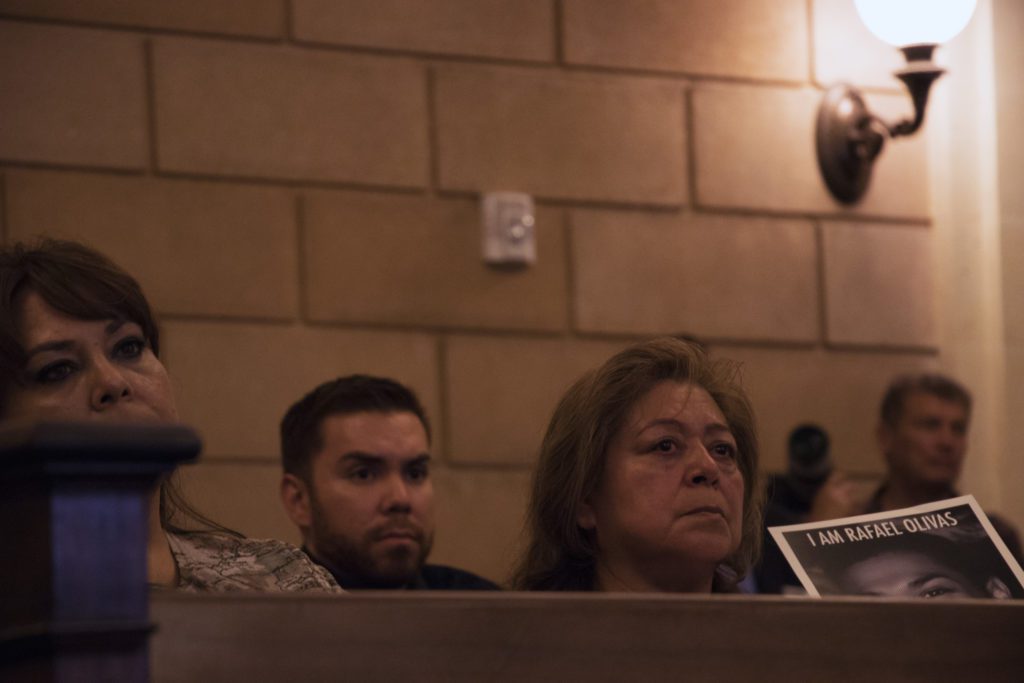
If this were true, how come Metro officers seem to be immune to prosecution in police homicide cases? Ex-Metro officer Kenneth Lopera who killed unarmed Tashii Brown on Mother’s Day of 2017 was the first on-duty Metro officer to be indicted for manslaughter in nearly 30 years, but those charges were dropped by a grand jury decision last summer, which means that of the more than 156 police homicides since 1990, 100 percent of these police-related fatalities are considered justifiable killings.
Vigilance and Continued Community Organizing in Las Vegas
States like California are making gains in legislative change that will ensure more police transparency and accountability, but Nevada lies in stark contrast. On February 28th, Senator Nicole Cannizzaro, presented Senate Bill 242, which aims to protect police departments and officers from investigation, allowing for special protections around sensitive materials such as officer statements and video of the officer. If passed, this legislation could increase police secrecy, which already has been a looming issue of the LVMPD for decades. While local mainstream media outlets report often on policing issues in Las Vegas, like Las Vegas Review Journal’s lengthy report on use of force, it will take an engaged public in local and state politics to create a safer Nevada that holds law enforcement accountable when they abuse their authority. In the meantime, I’ll keep advocating for impacted families, providing them a platform to share their real life experience and wisdom for change.